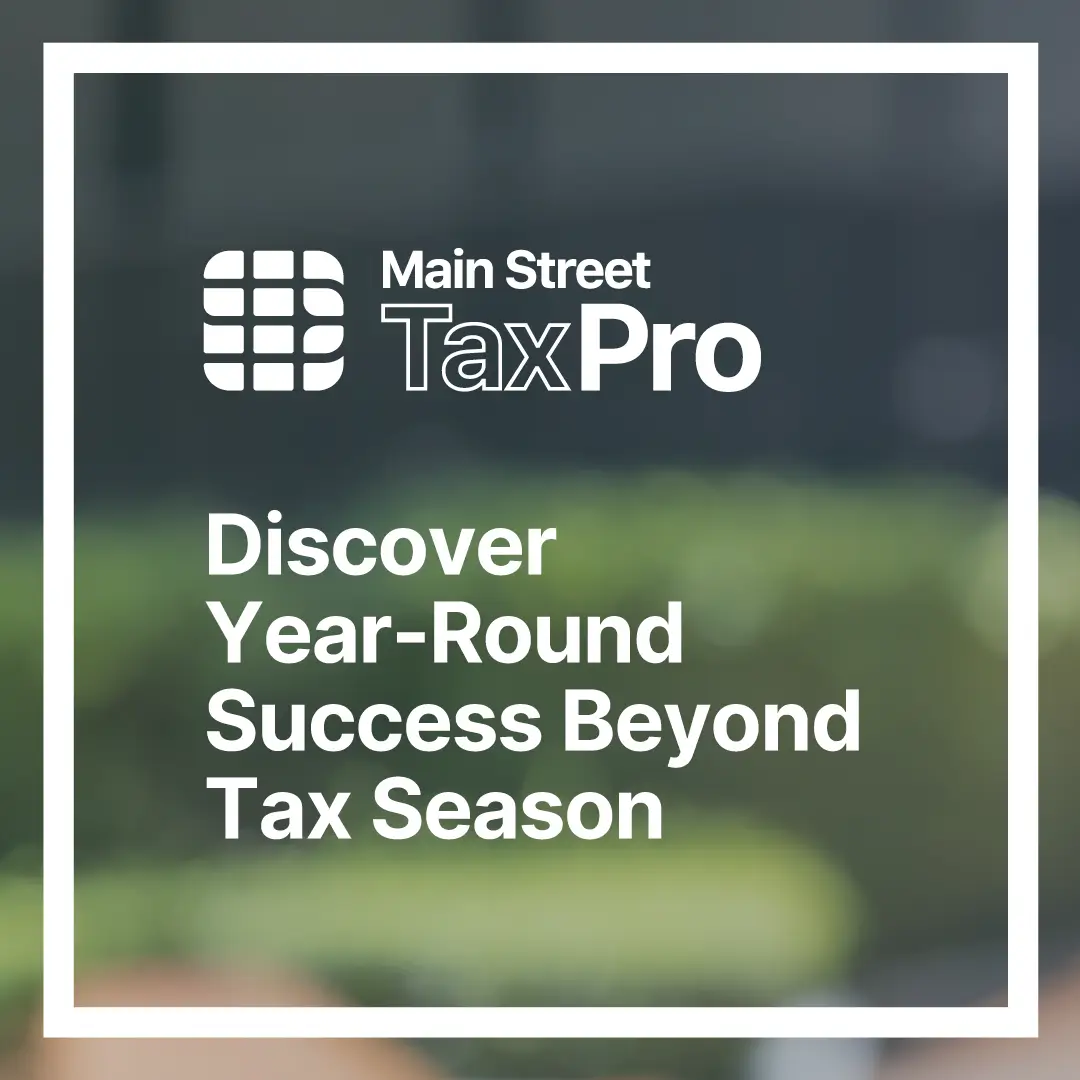April 15th is more than just “Tax Day.” It’s your last chance to make key financial moves that can still impact your 2024 tax return—even though we’re already in 2025. Whether you’re a business owner, investor, or simply looking to reduce your tax bill, these final contributions can still pack a punch.
Here’s your checklist of smart, last-minute contributions you can make before the April 15th deadline. Some may qualify for a deduction, while others—like Roth contributions—offer long-term tax advantages you don’t want to miss.
1. Contribute to Your HSA (Health Savings Account) for 2024
If you have a High Deductible Health Plan (HDHP), you can still make a tax-deductible contribution to your HSA up until April 15, 2025, for the 2024 tax year.
Contribution Limits:
- $3,850 for individuals
- $7,750 for families
- Additional $1,000 catch-up if you’re age 55 or older
HSAs are triple tax-advantaged: Contributions are deductible, growth is tax-free, and qualified withdrawals are also tax-free.
2. Contribute to Your 2024 Traditional or Roth IRA
You have until April 15 to make 2024 contributions to your IRA. Even though the tax year ended on December 31, the IRS allows you to fund IRAs through Tax Day.
Contribution Limits:
- Up to $7,000 for 2024
- $8,000 if you’re 50 or older
Only Traditional IRA contributions may be tax-deductible depending on your income and whether you’re covered by a retirement plan at work. Roth contributions aren’t deductible—but they do grow tax-free.
3. Contribute to Your 2024 SEP IRA or Solo 401(k)
(For Self-Employed, Business Owners, and Contractors)
If you’re self-employed or run your own business, don’t miss this opportunity. You can make 2024 contributions to your SEP IRA or Solo 401(k) by April 15—unless you file an extension, which gives you until the extended due date (October 15) to contribute.
SEP IRA limits: Up to 25% of compensation, maxing out at $69,000 for 2024.
Solo 401(k): Employee deferrals are due by 12/31, but employer contributions can be made until April 15 or extended deadline.
If you haven’t set one up yet, it’s not too late for a SEP IRA—you can still open and fund one before the deadline!
4. Deadline for Self-Directed IRA Contributions with UBIT or UDFI
If you’re using a Self-Directed IRA to invest in alternative assets (like real estate or private equity), and it generates unrelated business taxable income (UBTI) or unrelated debt-financed income (UDFI), don’t forget to file IRS Form 990-T by April 15 (or file for an extension using Form 8868).
Even these types of IRAs are eligible for 2024 contributions that can lower your taxable income.
Why It All Matters: Every Contribution Is a Deduction
Every contribution listed here—whether to an HSA, Traditional IRA, SEP IRA, or Solo 401(k)—has the potential to reduce your taxable income for the 2024 tax year. Even though we’re already in 2025, you can still make many of these contributions retroactively and improve your tax situation.
And while Roth IRA contributions aren’t deductible, they still offer powerful long-term, tax-free growth benefits.
So whether you’re aiming to lower your tax bill or boost your retirement savings, these are your final opportunities to make an impact on your 2024 return.
Let that sink in. These are your last chances to reach back in time and improve your financial picture. Don’t leave money on the table.
Don’t Wait Until It’s Too Late
If you’re not sure how much you can contribute or which accounts make the most sense for your situation, consult your tax advisor ASAP. Some contributions require specific forms or eligibility rules, and a professional can help you maximize your benefit.
The bottom line? April 15 isn’t just about filing your taxes—it’s about optimizing them.
Make your moves now. Make your deductions count.
Take Action
2025 is your year to stop worrying about taxes—and start building your version of the American Dream.
The Trifecta Planner isn’t just a calendar. It’s your partner in profit.
- Know exactly what to do and when
- Stay focused and organized
- Build your business with confidence
Plus: tax-saving charts, powerful planning tools, and a clear path to freedom.
Get yours now: markjkohler.com/the-trifecta
Need a tax advisor you can trust?
Search the Main Street Tax Advisor Network—over 1,000 certified experts trained by Mark J. Kohler.
It’s completely free to search, and your perfect tax-saving partner could be just a click away.
Find your advisor now.










